Go See It! Settling New Hampshire
There’s no better way to feel like you’re part of history than to experience it, either by visiting the spot where it happened or participating in a hands-on program that lets you get closer to history. Experiential learning, which is a fancy way of saying that people learn through their experiences, helps people connect with the past and imagine what it would have been like to be a part of it.
Virtual field trips offer you a chance to visit places you might not be able to see otherwise. Sometimes, they’ll take you to places that are not normally open to the public. Other times, they give you an opportunity to see places that might be too far away to visit in person. Each of the “Moose on the Loose” virtual field trips will pose a question and then take you on an online journey to find the answer. Along the way, you’ll visit places around the state that will help you gather clues to help you answer the question and see history for yourself. You might even meet a few famous Granite Staters along the way. By the end of your virtual field trip, you should be able to answer the question and solve the history mystery!
There are also suggestions for museums or organizations where you, your family, or your class can visit to participate in a program or tour that brings the topic alive. So go see it for yourself! Or bring a traveling program to your school or group.
New Hampshire Field Trips on “Settling New Hampshire"
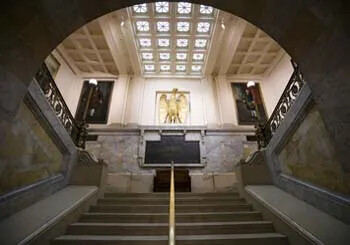
Learn about New Hampshire's colonial period with the New Hampshire Historical Society.
30 Park Street Concord, NH 03301
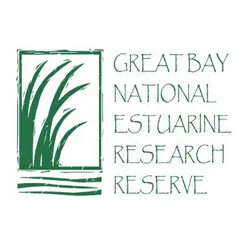
The Great Bay Discovery Center offers education programs that combine the study of the Great Bay’s natural beauty with the area’s cultural history. In the “Trail of the Arrowhead” program, students in grades 2-5 are led on a discovery walk to an Abenaki-style fishing encampment. While in camp, students will learn about the history of the Great Bay Abenaki, and how they would have used the natural resources around them in their everyday lives.
89 Depot Road Greenland, NH 03840
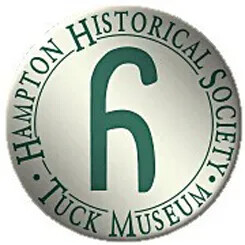
The Tuck Museum of Hampton History at the Hampton Historical Society offers on-site and in-school programs on the history of Hampton to students in grades 1-3. Programs span the original settlement of Hampton and the town's early colonial history.
40 Park Ave Hampton, NH 03842
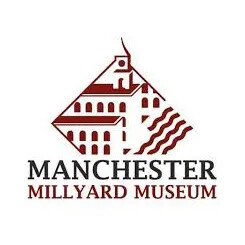
The Millyard Museum in Manchester offers an "Abenaki" traveling time trunk that educators can borrow for self-guided, hands-on study in the classroom
200 Bedford Street Manchester, NH 03101
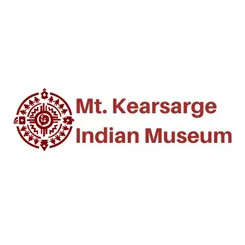
Field trips to the Mount Kearsarge Indian Museum highlight a broad range of Native American history, including Native American culture, society, and geographic location in the United States. The museum also has a selection of outreach programs with traveling object trunks.
18 Highlawn Road Warner, NH 03278
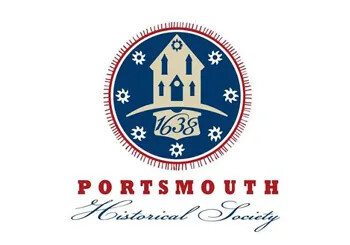
The Portsmouth Historical Society explores the history of Portsmouth in connection with the city's early settlers in a third grade in-school program. At the end of the school year, students take a walking tour of Portsmouth, with visits to historic homes and other sites throughout the city.
10 Middle Street Portsmouth, NH 03801
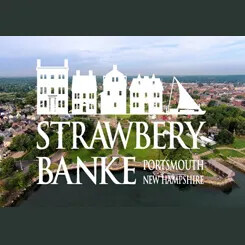
Strawbery Banke Museum recreates the oldest neighborhood in Portsmouth, featuring historic houses that portray over four centuries of history in the seacoast region. Among the many program offerings are on-site tours and outreach programs focusing on the area's early settlement and colonialization.
14 Hancock Street Portsmouth, NH 03801
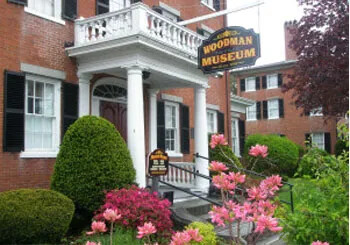
Learn about Dover's early settlement history at the Woodman Museum! Students will explore the Damm Garrison House, built in 1675, and interact with the home's historic artifacts to find out what life was like for an early New Hampshire settler.
182 Central Ave Dover, NH 03820












